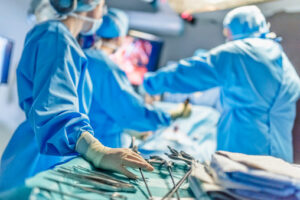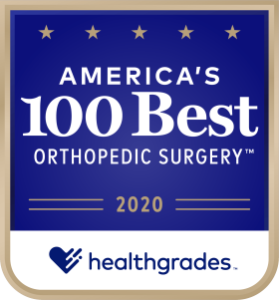 Recovery time from knee replacement surgery varies from patient to patient, as the human reacts differently to surgical aid and because the human body has different recovery speeds. And this all depends on the surgery’s process and also on how complex the surgery was.
Recovery time from knee replacement surgery varies from patient to patient, as the human reacts differently to surgical aid and because the human body has different recovery speeds. And this all depends on the surgery’s process and also on how complex the surgery was.
The knee replacement surgery could take 1-2 hours. During the surgery, the surgeon has a challenging and complex job to ensure that everything is placed as close to its original placement as possible to avoid future complications. After the surgery, you can leave the hospital after 24 hours, and all the criteria for discharge have been met.

After the knee replacement surgery, it takes about 3 to 12 months for the body to recover from the surgery, although it all depends on the complexity of the surgery. Although the body would still be recovering even after two years after the surgery, it will not be noticeable since most of the significant recovery would have occurred during the first 3 to 12 months after surgery.
After getting discharged from the hospital, it is advised to start exercising the body as early as possible to quicken recovery. Doing little exercises like taking a walk helps in stretching the blood vessels and knee muscles, which helps in reducing the risk of the formation of a blood clot. As this is very important in recovery, the patient may get to walking with a cane or without any assistance within the first 1 to 3 months.
 Within 3 to 4 months, the patient will be able to return to some activities. But to recover to almost maximum health may take about six months, depending on the fact that there
Within 3 to 4 months, the patient will be able to return to some activities. But to recover to almost maximum health may take about six months, depending on the fact that there
are no medical complications. Going to joint classes could also help in recovery, as the staff would explain to the patients what to expect after surgery and how to deal with it. They would also give the patients exercises they could perform, as they are expected to keep moving but not straining themselves. The replaced knee joint would last about 15 to 20 years as studies have shown.
In a nutshell, following the doctor’s advice on recovery to the letter will be very beneficial to the recovering patient.
The Content is not intended to be a substitute for professional medical advice, diagnosis, or treatment. Always seek the advice of your physician or other qualified health provider with any questions you may have regarding a medical condition.




